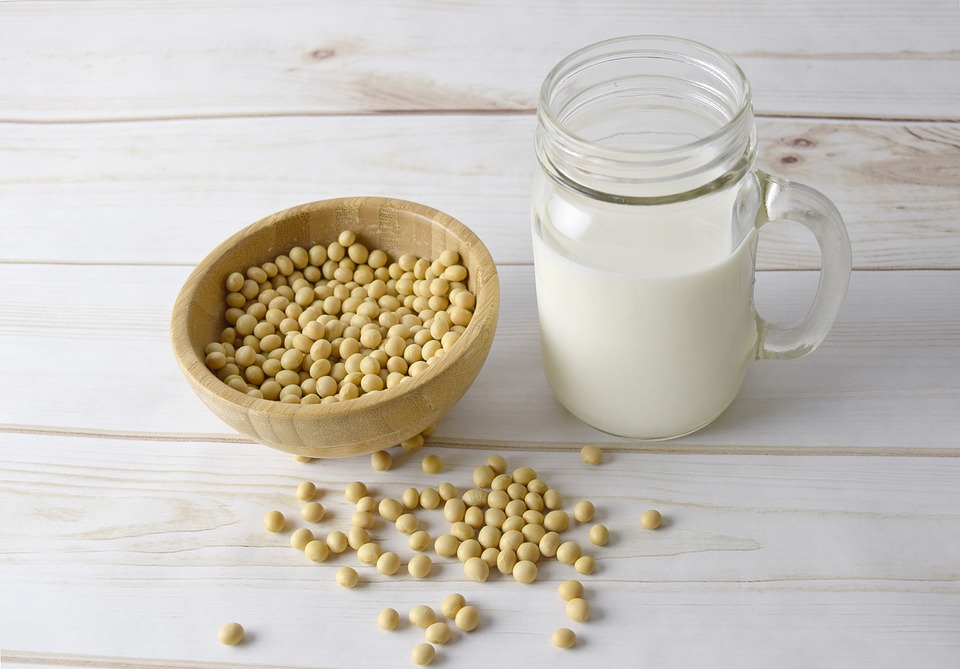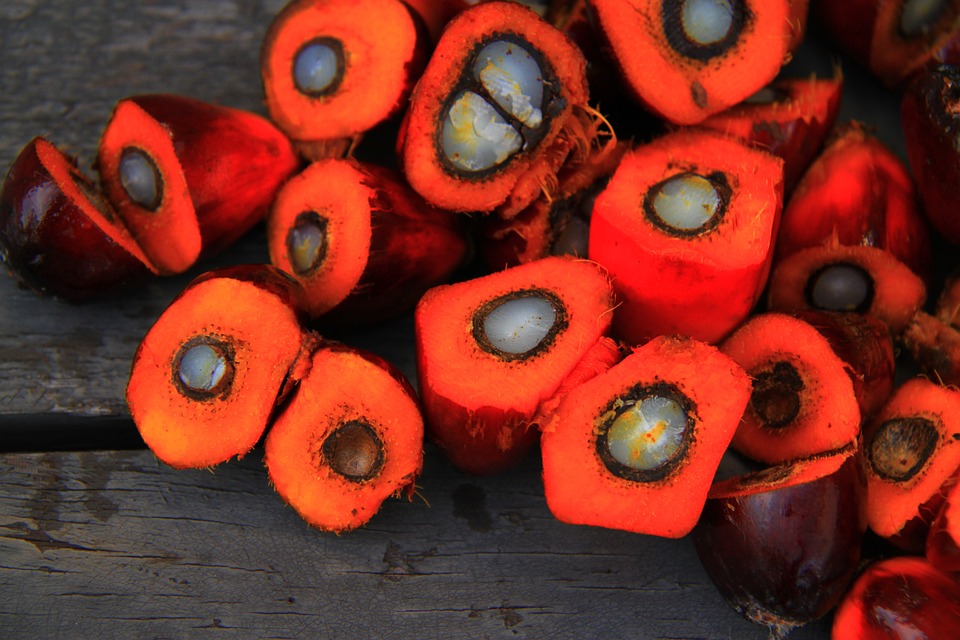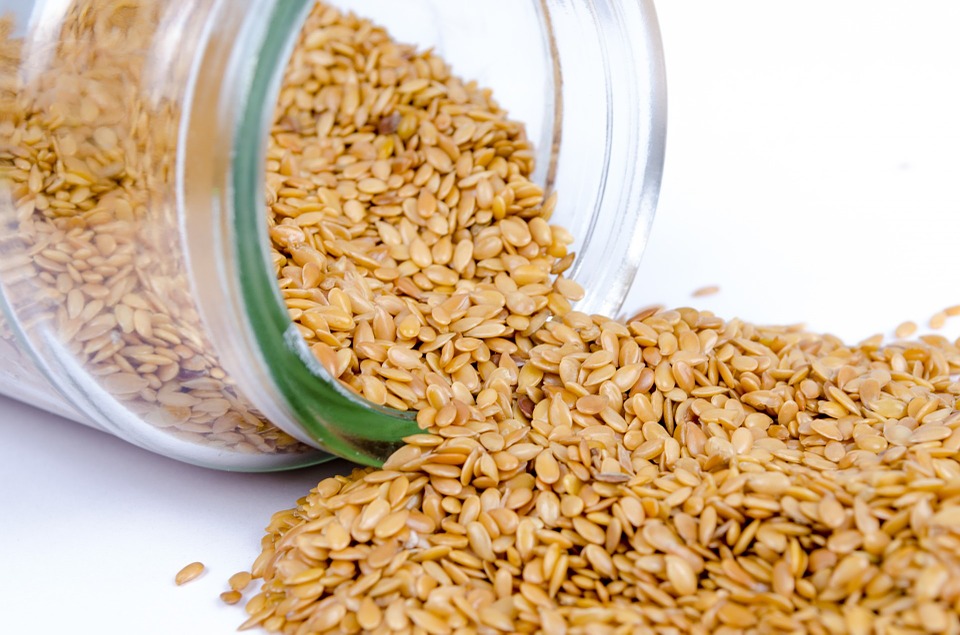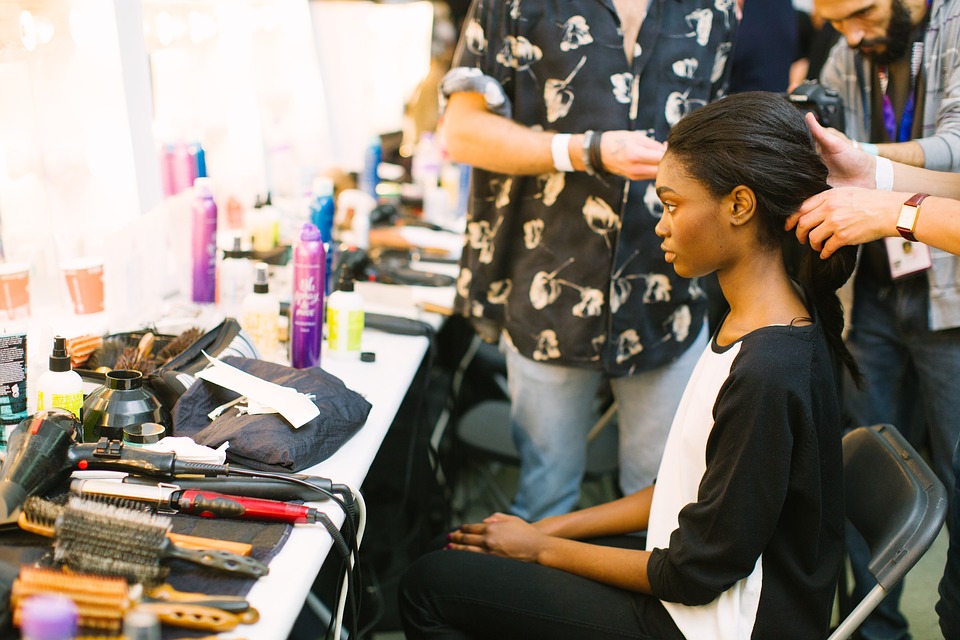Disclosure: This article may contain affiliate links. If you decide to make a purchase, I may make a small commission at no extra cost to you.
Soy isn’t such a common staple of the diet in the west, but in many East Asian countries, soybeans are used in many ways and are a staple of the diet for many people. Soy has a good nutritional profile and a great source of plant-based protein, which is why many vegetarian and vegan products use soybeans instead of meat. Something that you might not be aware of is that Soy could potentially prevent hair loss and promote hair growth in some people.
Soy isoflavones for loss in men and women
Research conducted over the two decades or more has shown that on the whole, soy isoflavones have many beneficial effects on human health and also improves both skin and hair health. There a few different ways in which soy protein can promote better hair growth, below I will go to the main ones below.
Soy could slow down or prevent hair loss by inhibiting DHT
Unlike finasteride (also known as Propecia) which decreases 5-alpha reductase, that is responsible for the conversion of testosterone into DHT, this equol works in a different way. Equol simply binds to the DHT to stop it from binding to the androgen receptor.
Equol is created by gut bacteria when you frequently consume soy. Some people produce equol better than others, and I talk about later in this article.
Genistein and daidzein are the two main phytoestrogens found in soybeans which helps reduce DHT levels while improving the ratio of testosterone to DHT. Unlike Equol, you can find these in supplement form.
In a study published in 2013, low intake of soy in Taiwanese communities was associated with higher levels of androgenetic alopecia (the most common cause of hair loss in men).
Soy may increase hyaluronic acid production
Soy also might be able to help produce hyaluronic acid (HA) in the skin, which can decrease with age. This will help keep the skin and hair healthy for better hair growth and shiner hair.
Hyaluronic acid’s main job is to help create a barrier and moisturize the skin. This stops it from breaking, becoming sore and inflamed. After about age 40, level of HA will drop in the skin to about half of what we used to produce, and this can cause many common skin complaints.
Keeping the scalp healthy is important for healthy hair growth.
Soy can increase local IGF-1 production in the skin and hair
In humans and mice, the growth of cells is affected by growth hormones such as IGF-1. In men, it has been found that those who do not respond to drugs such as finasteride, can often have lower levels of IGF-1 in the scalp compared to people who respond very well to finasteride.
In this study, researchers discovered that Soy is able to increase levels of IGF-1 at dermal papillae and is most effective when used in combination with capsaicin.
Researchers found that promotion of hair growth was achieved in 64.5% of those using the combination compared to just 11.8% of those using the placebo. See the study here.
How do I know if I’m a converter of Equol?
Ever since this finding, people have been wondering how they can become a producer of Equol. The evidence shows that only a small number of people are able to effectively produce equol from the fermentation of soy germ in the gut.
The answer is having the right bacteria present to do the conversion. If you are a good converter, then you will gain even more benefits from consuming soy. Below is a video from nutritionfacts.org where Dr. Greger goes into the studies on how to become an efficient producer of Equol.
As I mentioned earlier in this article, Korean and Japanese people tend to eat a lot more soy-based products than people in the west. One interesting study published in 2004 showed that the percentage of producers from Japanese and Koreans was 46% and 59%, while only 14% of Americans produced Equol,
Another interesting fact came 2 years later, showing that the best equol-producers were vegetarians! 59% of vegetarians were able to produce equol, compared to just 25% of nonvegetarian adults.
What are soy isoflavones and what’s the controversy about?
Soy has had its fair share of controversy in the past because of the compounds that are found in the soybean. Two main components called genistein and daidzein, which are thought to be responsible for the health benefits of soy, are also known as phytoestrogens.
Genistein and Daidzein have a similar function to the estrogens found in humans but are nowhere near as potent. In fact, it’s believed that the phytoestrogens may displace estrogen or block the more potent form of acting on the receptor.
Since the discovery of two subtypes: ERα and ERβ, it’s been found that soy mainly acts on ERβ, which has an antiproliferative effect, and may help reduce breast cancer, prostate cancers and others types of diseases that results from out of control cell growth.
In many Asian countries where soy is consumed on a more regular basis, they report fewer rates of cancer, not more.
And one other worry men have (you see it a lot on bodybuilding forums) is the potential for soybeans to have negative side effects on men. This has been proven to be untrue in many studies. See this review and this paper. If there was any significant effect on men’s endocrine system from an increased level of estrogen, you would see a significant decrease in testosterone as a result.
Should you include soy in your diet or hair growth regimen?
Soy is consumed by millions of people and has numerous health benefits associated with it. Although there was a lot of scaremongering a few years ago, it was largely unfounded and not backed up by research.
It is my belief that soy can be an important addition to one’s diet, especially if you are already vegetarian or vegan, as it provides an excellent source of protein and minerals.
Soy by itself is unlike to completely cure hair loss in men with aggressive hair loss, but it can be an important component of an overall hair growth strategy. You can either include soy-based products in your diet on a frequent basis, or you can simply take a soy isoflavones supplement.
For women who are post-menopausal, soy has been found to be a relief from symptoms such as hot flashes and muscle pain and even improved appearance of skin aging.
Also, some women do suffer from androgenetic hair loss with age, and soy might be more effective than in men in this case because they have much less testosterone, so there isn’t as much to bind to.






No Comments